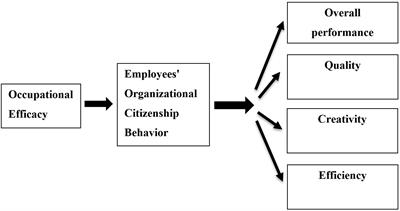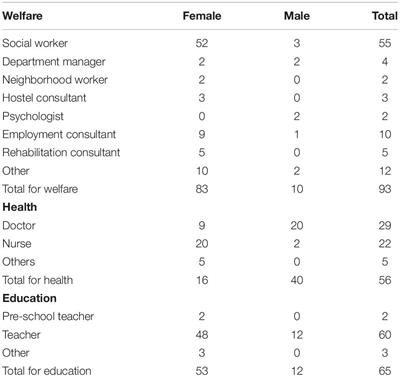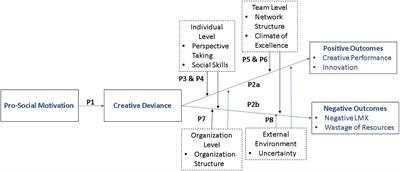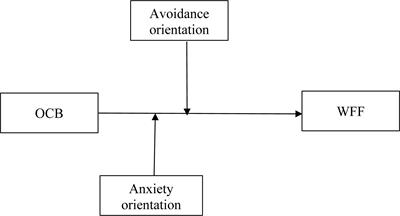EDITORIAL
Published on 19 Aug 2020
Editorial: Is Prosocial Behavior Always Good for the Workplace? On the Direction and Strength of the Relationship Between Prosocial Behaviors and Workplace Outcomes
doi 10.3389/fpsyg.2020.01886
- 4,131 views
- 4 citations






